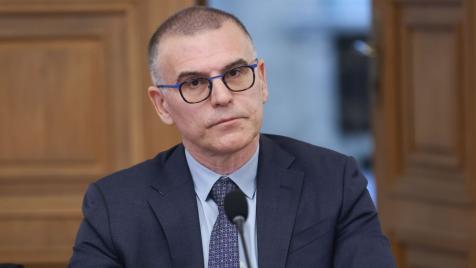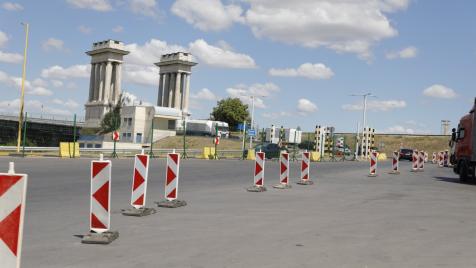New worries arise regarding Bulgaria's path to the eurozone
For now, the most likely date for adopting the euro remains January 2026, but there is already uncertainty surrounding that forecast

© ECONOMIC.BG / Depositphotos
Political stability is of key importance for Bulgaria on its path to the eurozone. If it’s there, everything else will fall into place. This is the opinion held by ING Think, the economic analysis unit of the Dutch bank ING.
We believe that the most important criterion for adopting the euro in Bulgaria is the unwritten criterion of political stability. If this is achieved, it is more likely that the other elements will fall into place," its experts say.
January 1, 2026, according to their forecasts, continues to be the main scenario and expected date for the introduction of the single currency in Bulgaria.
However, this forecast comes with some concerns.
We must admit that concerns are starting to emerge around this forecast. A short-term rise in inflation could become a bigger problem, potentially turning the solution from a technical one to a more political one," the economists say.
Another major factor is the lack of political stability. Possible changes in the structure of parliament could lead to new uncertainty, especially if the vote count leads to the emergence of new parties on the scene.
If these factors are taken into account (ed. note - uncertainty and inflation), the forecast for the euro for January 1, 2026, comes with some concerns," the economists add.
Inflation in Bulgaria
The ING economists note that inflation in Bulgaria started the year strong with a monthly growth of 2% and an annual growth of 3.8% in January.
On Monday, the Bulgarian National Statistical Institute (NSI) reported that the price increase continued into the second month when it was 4% on an annual basis and 0.6% on a monthly basis.
A major contributor to these movements is the increase in taxes, specifically VAT. On January 1, 2025, the flat rate of 20% VAT was restored for restaurants, bread and flour.
High wage growth and the upcoming fiscal stimulus are likely to exert upward pressure on demand further," ING warns.
According to their forecasts, the inflation rate this year will be 4.6%, and next year - 3 percent.
The Bulgarian economy is performing well but for the wrong reasons
According to analysts' estimates, the Bulgarian economy recorded annual growth of 2.7% in 2024, after 1.9% in 2023.
The main driver of the growth was private and government consumption. Meanwhile, investment has declined while industrial output remains in the red, “reflecting continued weakness in key trading partners, such as Germany and Romania.”
However, the experts believe that Bulgaria will continue to have stable growth of 2.6% in 2025, so the most important factor to monitor in the future will be the political uncertainty.
Translated by Tzvetozar Vincent Iolov

 Simona Gotsova
Simona Gotsova 




